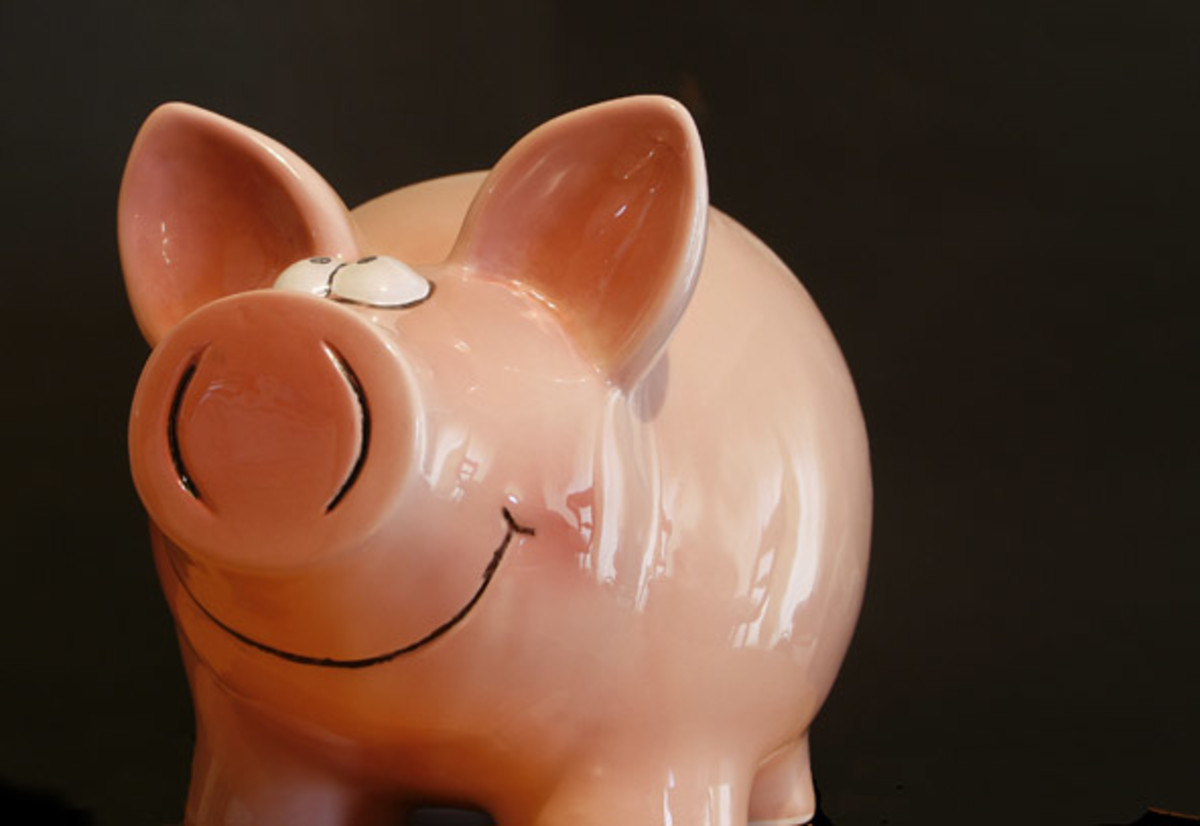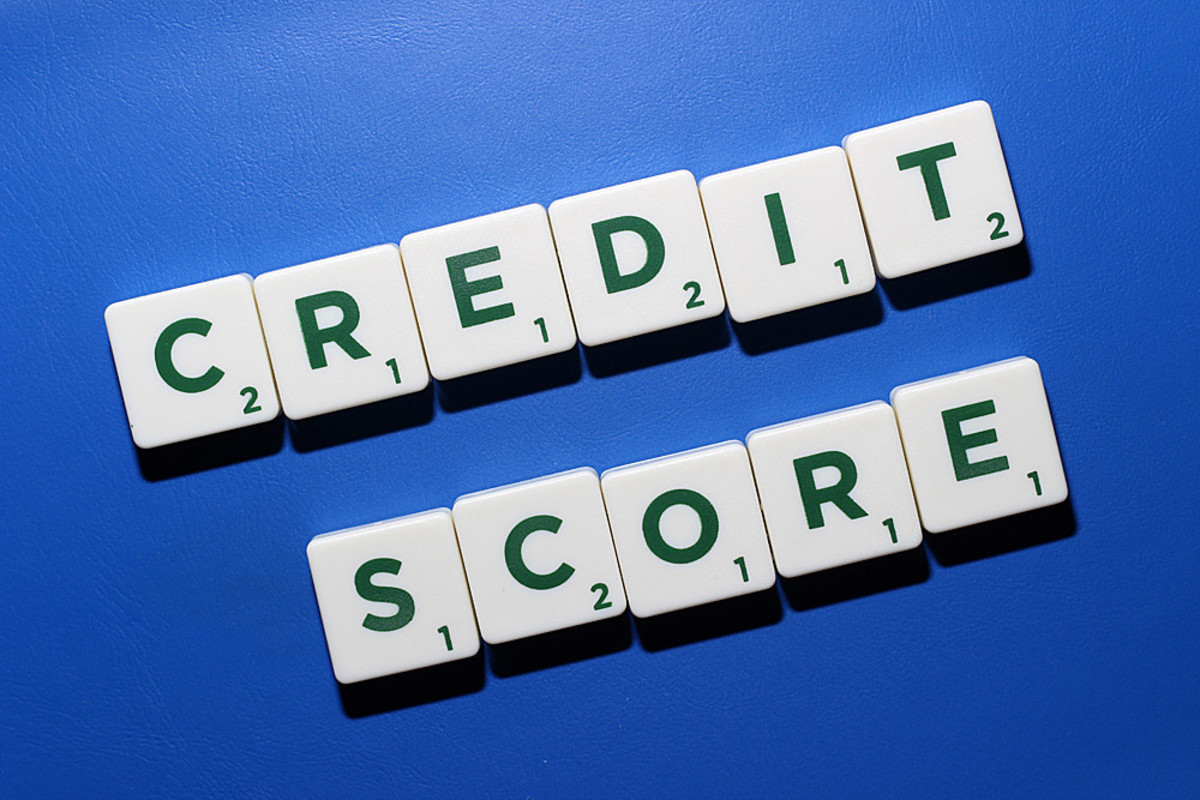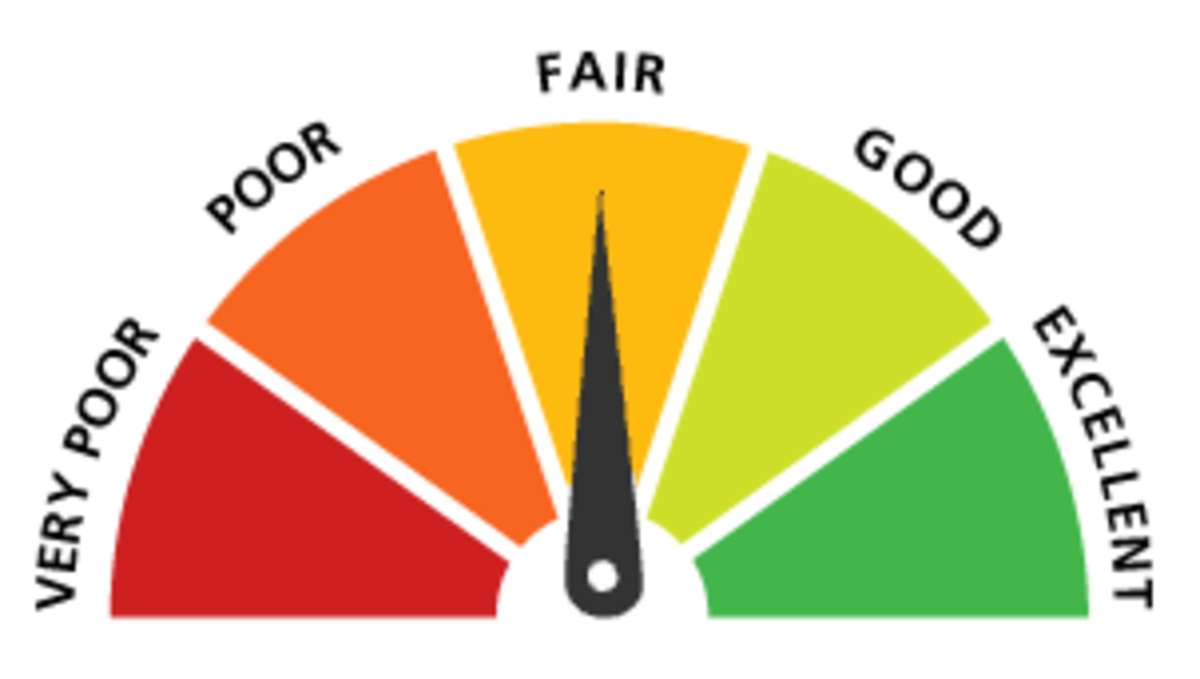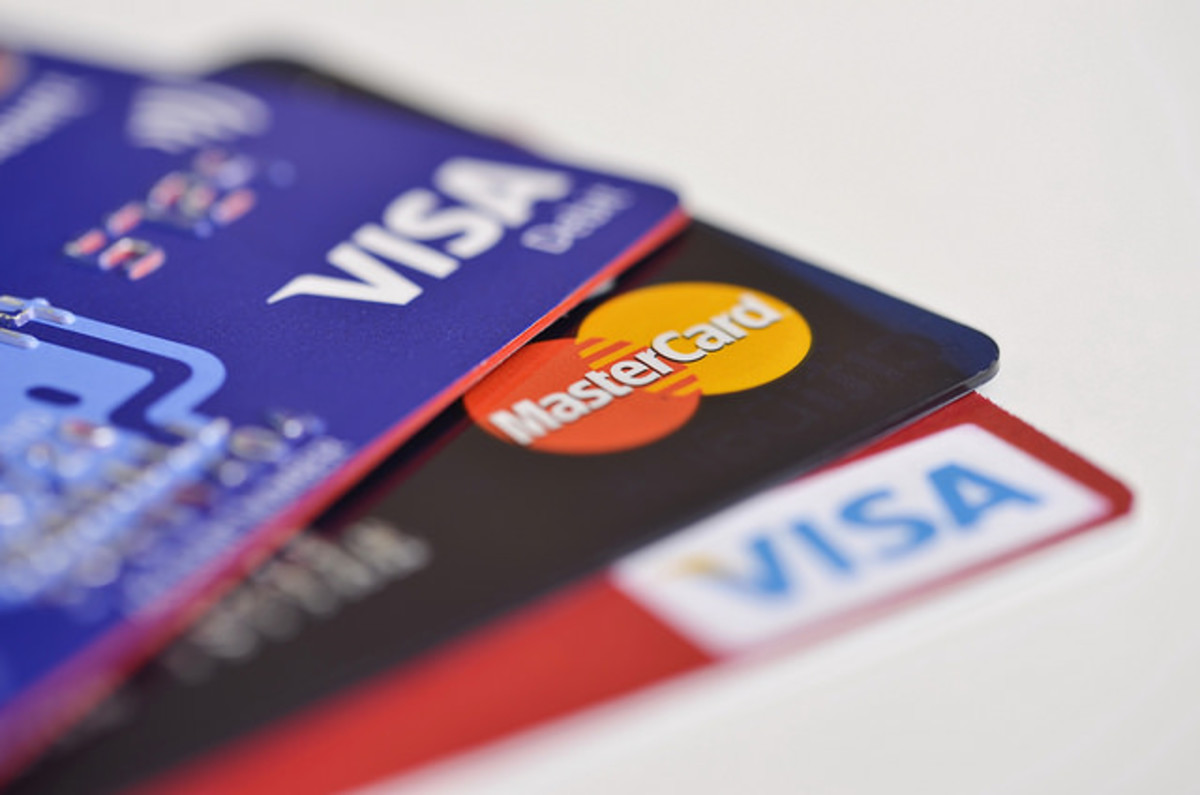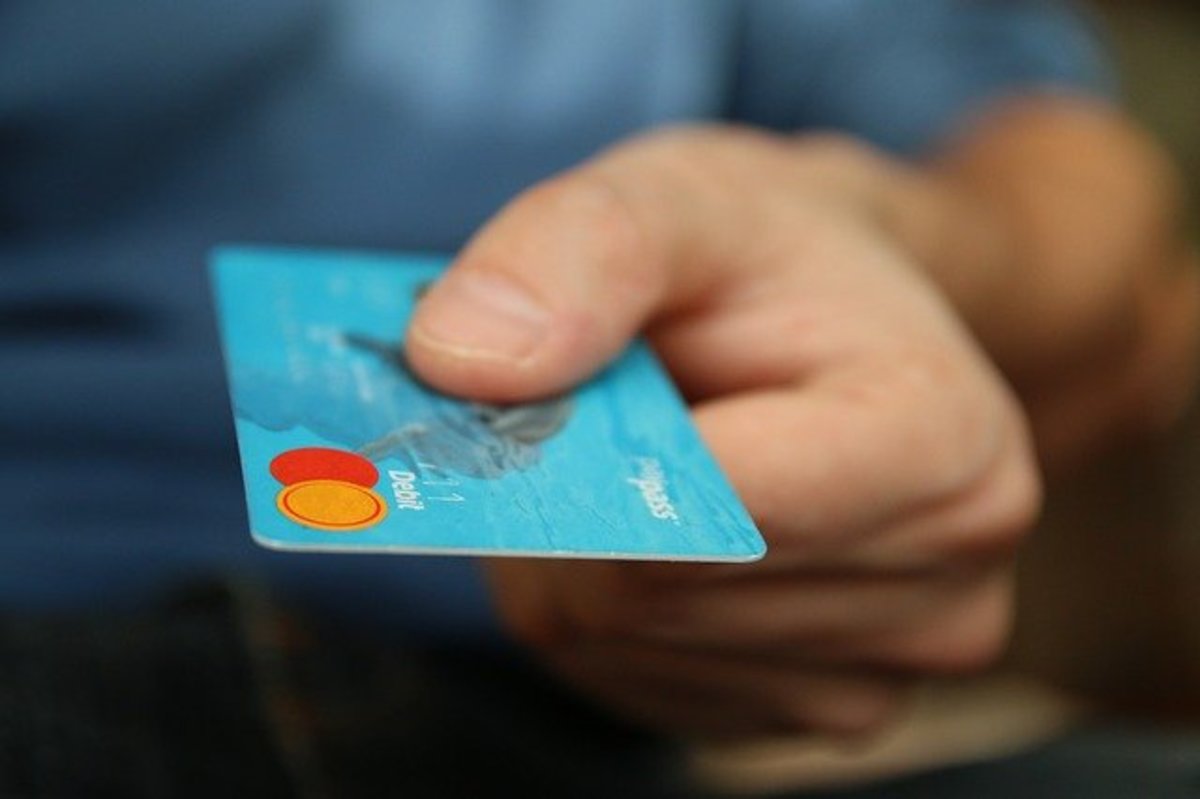The Frequency of Cibil Updation After Payment of Debt
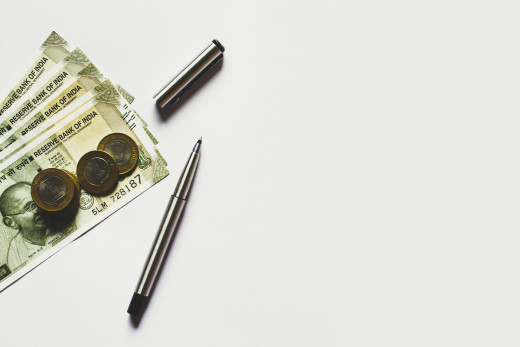
Overview
As you approach the finish line to pay off your small personal loan and you can expect a better credit score. Paying off your smaller loan will help you in getting bigger loans in the future. The higher your credit score the more likely you are to get a loan according to your need and you will be able to get a credit limit or a credit card at low-interest rates.
There are many factors that will help you to know how your credit score will change after repaying the debt. We will also have a concrete look at the factors that affect your credit record and the type of loan you took.
Recently online research is conducted by Experian to know the average credit score of U.S. citizens. The result comes out to be surprising because their average FICO score is 703. It is a really good figure. Generally, FICO score between 300-800 is considered as a good score. This shows that U.S. citizens are well aware of their financial health.
Time Taken to Update Credit Score
The most common question peoples ask me nowadays that after paying debt how often does the credit score change. So my reply to all of them is that the effect of the update may seem to you immediately, but practically this is not the case.
Even if your balance reaches nil outstanding, then also it will not reflect in your credit report and credit score until the lender reports the payment to the credit information bureau India limited. The billing cycle can take up to two times or two months because lenders usually report their activities to a credit reporting agency on a monthly basis.
Factors Affecting Credit Score
To understand how your credit score changes after the loan are repaid, first you need to know what makes up your credit score.
There are two main sources for credit scoring and these are the FICO score method and the vantage score method. Both have different models and lenders who are using these credit scoring sources have their own algorithms.
The FICO Score
Payment history
| 35%
|
Unpaid amount
| 30%
|
Credit history length
| 15%
|
New credit
| 10%
|
Credit mix
| 10%
|
The Vantage Score
Outstanding income
| Very influential
|
Credit mix
| Very impressive
|
Payment history
| Somewhat valid
|
Credit history length
| Not impressive
|
New credit
| Not very effective
|
Your outstanding utilisation of credit will show a positive increase in your credit score when you will pay off the loan.
In general, it is recommended for keeping your credit usage below 30% because paying a credit card or credit line greatly improves your credit record and significantly increases your credit score.
If you will foreclose your loan then your credit history will be for a shorter period and ultimately this may lead to a low credit score if the rotational average is also lower.
Long-Term Impact Of Debt Services
Debt payments do not end your payment history and if your loan has been repaid completely but you had failed to pay any equated monthly installment on time then those payments can appear in your credit report for up to seven years.
With the vantage score, the negative impact on your credit score diminishes over time whereas this is not possible in any other method. Making your credit card payments on time and keeping your credit account up to date and not missing any installments will rebuild your credit history and improves your credit score.
Types Of Debt
Below are some types of debt that have different effects on your credit score as you repay them.
A) Rotation Credit
The revolving credit is a line of credit that remains open for a preset period. You can spend everything you want up to your credit limit.
The most obvious example is a credit card. Other examples are mortgage-backed credit facilities (HELOC), personal credit facilities and overdraft protection of checking accounts.
Revolving credit implies that a business or individual is pre-approved for credit. A new loan application and credit reevaluation need not be completed upon each instance of the utilization of rotating credit.
B) Installment Loan
An installment loan is a loan that is repaid over time with the set number of a scheduled installment. The lender may charge a fee if you repay the loan earlier. Examples of installment loans include car loans, mortgages, personal loans, and student loans.
Many people wants to know whether student loan repayments should improve their credit score or not. Well it is absolutely true because the payment of student loan installment is very beneficial for credit score to rise. Payments towards installment loans can help your credit by reducing your overall debt, but they can also damage your credit if you don't have other loans or lines of credit. This is because of the credit combination, which is the factor that improves the score when there are several types of credit.
C) Collection Account
If you have not repaid your loan and defaulted in installments then lender sells it to a debt collection agent. And the account will become non-performing assets that mainly occur on credit limit or unpaid bills.
Credit bureaus are informed about this breach and it also appears on credit reports and this default collection summary remains on your credit report up to seven years after the date of reimbursement.
D) Debt Payment
Debt settled accounts stay in credit score for seven years also for the unexpired accounts, the seven-year period begins from the day when the account is settled. If your account is overdue and has unsettled dues then fix the dues in first priority.
A better way is to settle the debt otherwise leaving unpaid and defaulting on them. Settlement works better for your credit score. However, a settlement account will not look as good on a credit report as a fully paid account looks.
Closing Words
When it comes to balancing debt payment with credit creation mainly managing a good credit score as well as maintaining financial health is quite difficult. Therefore, simply focus on paying bills and repaying loans in time and do all that you can to build a good credit score because these two actions are highly effective in building a credit score.
Use a new debit and credit card only if you are capable of managing your minimum due balance and able to pay it on time. Otherwise, you will run the risk of destroying your good score. Be patient with your credit score and with a well-managed debt, your credit score will improve in due course.
This article is accurate and true to the best of the author’s knowledge. Content is for informational or entertainment purposes only and does not substitute for personal counsel or professional advice in business, financial, legal, or technical matters.
© 2020 Prateek Jain

